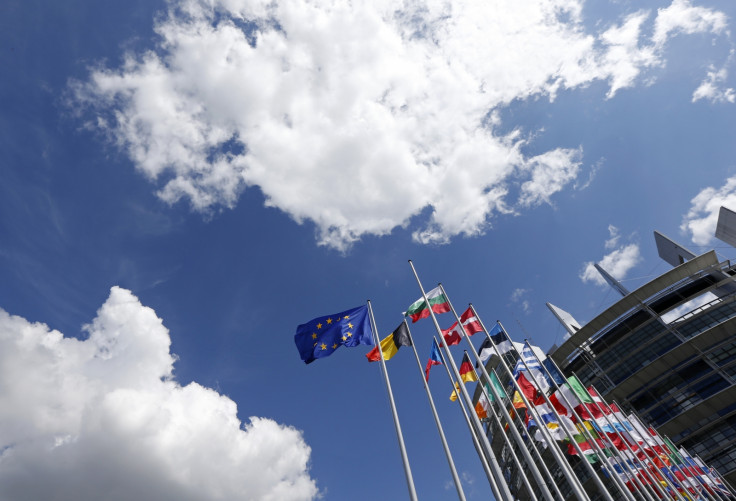ILO Chief Urges EU Members to Ramp Up Steps to Tackle 'Shadow Economies'

The head of the International Labour Organization has warned that the "informal economy" absorbs half of the world's workforce, and urged European Union member states to ramp up steps to tackle undeclared work.
Guy Ryder, director-general of the ILO, told EU delegates at an international conference in Vilnius, Lithuania, that the labour inspectorate has both an enforcement and preventive role in addressing undeclared work.
"We firmly believe that policies to address undeclared work must be balanced, combining incentives and deterrence", he said.
Ryder outlined measures such as curtailing administrative burdens for businesses, tax credits and reducing social insurance fees - as well as labour inspections.
The ILO chief explained that one of its conventions on labour inspections, which is ratified by all EU member states, gives a foundation for consolidated action against fraud at the national and regional levels.
"Social dialogue is also vital in achieving compliance, while tripartism has also proven to be a key avenue for ensuring policy coherence," he added.
"A high incidence of informality is a challenge not only for decent work but also for inclusive development."
The ILO said it has been working with the EU to address this issue, by creating a platform against undeclared work and by providing a set of recommendations for improving compliance with registration obligations and protecting undeclared workers.
Ryder said the transition to the formal economy was a priority for the ILO.
"This is crucial and ground-breaking work that will enlarge the ILO's ability to advance its values and standards by reaching out to the most vulnerable," he said.
The UK's "shadow economy" made up 10.1% of the country's GDP between 2003 and 2012, according to figures from economist Professor Friedrich Schneider.
In contrast, the academic found that Bulgaria had the largest "informal economy" across the EU, making up 31.1% of its GDP over the same period.
Austria had the smallest "shadow economy" across the economic and political region, with 7.6% of its GDP as informal.
© Copyright IBTimes 2025. All rights reserved.






















